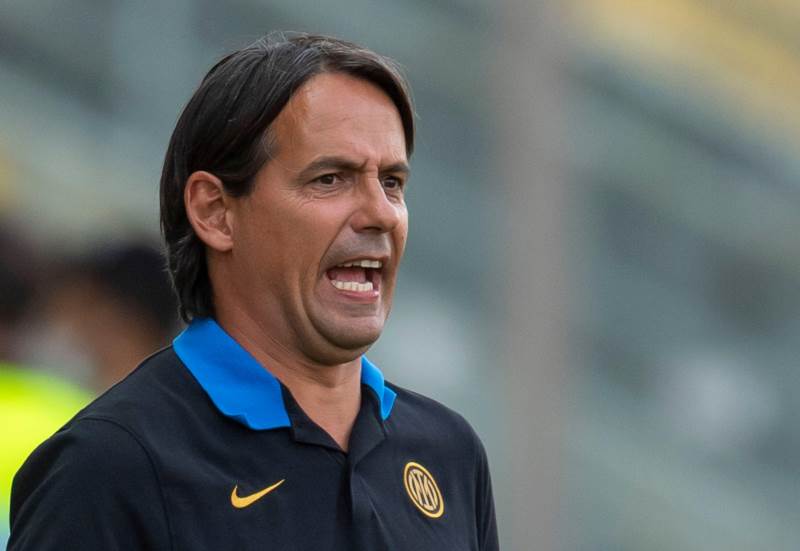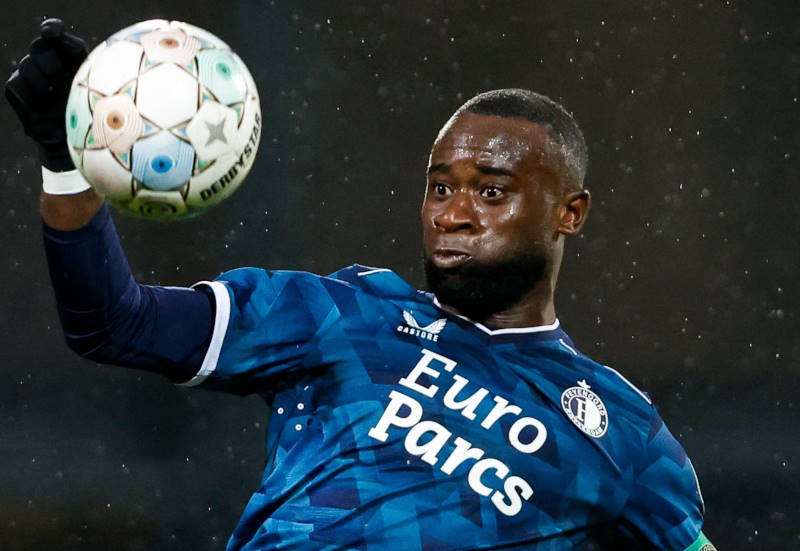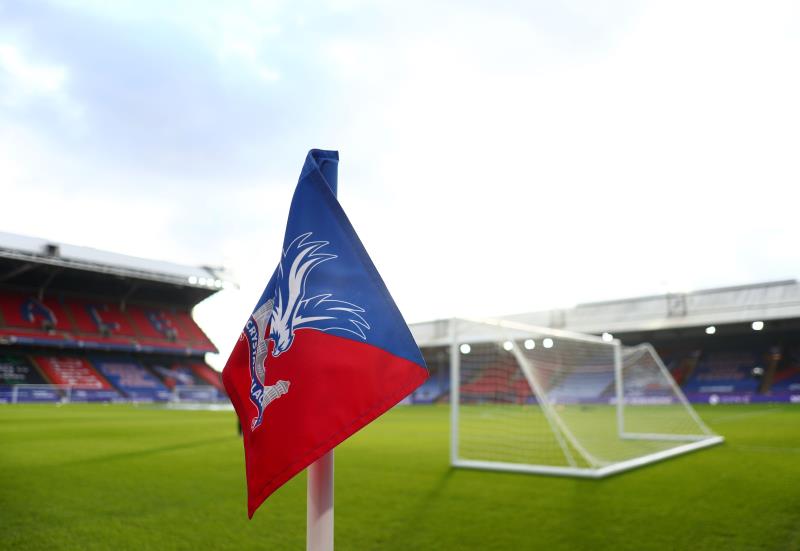
A typical Canarian town – that is how the locals would describe Arguinegin, in Gran Canaria. Not the biggest of Spanish towns, or the most important. Yet this little fishing haven has grown in stature recently just through being the home town of Manchester City and Spain star David Silva, the man currently taking the English Premier League by storm.
Back in September, however, Silva felt down, and took a swipe at national team coach Vicente del Bosque for what he believed was unfair treatment; the Manchester City playmaker blasted that his role with La Furia Roja had been reduced after Spain’s shocking 1-0 loss to Switzerland in the country’s 2010 FIFA World Cup opener.
“I feel that I don’t have the confidence of the coach. When I was the only victim of the defeat against Switzerland, I thought that it could be to do with fitness, but afterwards the critical reviews of my performances have always been good, although that isn’t enough for the coach to trust in me”, said the Spaniard. “The decision of who goes or not [to Euro 2012] will be the coach’s. I’m going to work hard to maintain this level I’m at now, but even still I doubt I’m going to have a leading role in the European Championships."
Silva could only see neglect from the man who watched him every single day when he was on trial with Real Madrid as a 14-year-old. His tenure at the Santiago Bernabeu was short-lived as the club passed on the youngster, claiming him to be too small; he would move on to Valencia, graduating at the Mestalla and winning the 2008 Copa del Rey before leaving Los Che in 2010 as a star, snubbing interest from Barcelona and Real Madrid in favour of a risky move to emerging power Manchester City. So far, his transition to England seems like the archetypal fairy tale.
It has often been said that the Spanish national side is FC Barcelona minus Lionel Messi. And in Silva, the reigning European and world champions could have their own wizard. A single centimetre taller than the Argentine phenomenon, Silva’s gameplay and style is strikingly similar to Messi’s. The 25-year-old can occupy every attacking position in midfield, in addition to being able to manoeuvre further up the pitch as a second striker. His dribbling ability and eagle-eyed vision make him one of the best attacking midfielders in the game.
During Silva’s first season at Eastlands he was often deployed on the flank by manager Roberto Mancini, a different role than the “no. 10” job he had grown accustomed to at Valencia. The Canarian ended his first season with four goals and seven assists in 30 Premier League outings, humble numbers considering the £25M that the City hierarchy paid in order to land him.
This hardly matters now, as he has assumed more of a central role, exhibiting crisp passing ability and playing an accelerated game, similar to that which Barcelona and Spain have entertained the world with in the last two years. Silva’s quality assured Manchester City of the 2011 FA Cup, their first major trophy since 1976, 35 years since the club’s 2-1 League Cup win over Newcastle United.
"I think that David [Silva] is the best signing we’ve made. David is the type of player who can win you the game. He can provide you with the sort of pass that puts you through one-on-one with the keeper.” This is how former club captain Carlos Tevez spoke of his new team-mate after benefitting from his brilliance. Tevez has of late not been known for his team-first attitude, but the Argentine made it clear that Silva is an indispensable member of the squad, crucial to Manchester City’s immediate success.
This summer once again City strengthened with the arrival of big attacking names such as Sergio Aguero and Samir Nasri, from Atletico Madrid and Arsenal respectively. With this duo usually supporting Mario Balotelli or Edin Dzeko in attack, and a midfield of Silva, Yaya Toure and Gareth Barry/Nigel de Jong, the Blues have been the best side in the English game this season, hitting top spot and crushing neighbours Manchester United 6-1 on 23rd October into the bargain.
On that day, City demonstrated their admirable attacking prowess, dissecting Sir Alex Ferguson’s men with six strikes, and at Old Trafford no less. While it was Balotelli who earned the most controversy just a day beforehand for accidentally starting a fire in his bathroom, Silva was undoubtedly man of the match, scoring the fifth of the night and then cushioning the ball before stroking it 25 yards to Dzeko for the last goal. Incisive, accurate, deadly – the pass was Silva in a nutshell.
His majestic quality was there for all to see and the Spaniard certainly did a better job than his Manchester United counterpart Anderson, while continuing as the Premier League’s best playmaker of the 2011/12 campaign, ahead of the likes of Luka Modric and Rafael van der Vaart.
Yet for all of his Manchester City might, the truth remains that Silva occupies a secondary role with La Furia Roja. Whether his comments regarding the match against Switzerland are true or not are hardly important now: Spain went on to win their first ever World Cup with Silva on the bench. Del Bosque’s side are, much to Silva’s chagrin, ticking on a completely different rhythm.
However, this situation affects a larger pool of players than just Silva. In the friendly between England and Spain recently, the latter’s bench comprised a cavalcade of household names: Juan Mata, Fernando Torres, Cesc Fabregas and Jose Reina all sat in the dugout.
Silva’s presence on the plane to Poland/Ukraine for the 2012 European Championship next summer is a virtual certainty, but his role however remains opaque, and that is due to the cohesive, winning unit that the Spanish “armada” have set sail with. The former Valencia man nonetheless affords Del Bosque useful extra flair in midfield, of a different kind than his existing options.
Established superstars have been discarded by Del Bosque at times though and the dip in form of Fernando Torres has seen Fernando Llorente put more caps under his belt. For Silva to firmly secure a La Roja starting spot, it seems he will have to wait for the misfortunes of team-mates; such is the way with Spain’s greatest ever national side.













